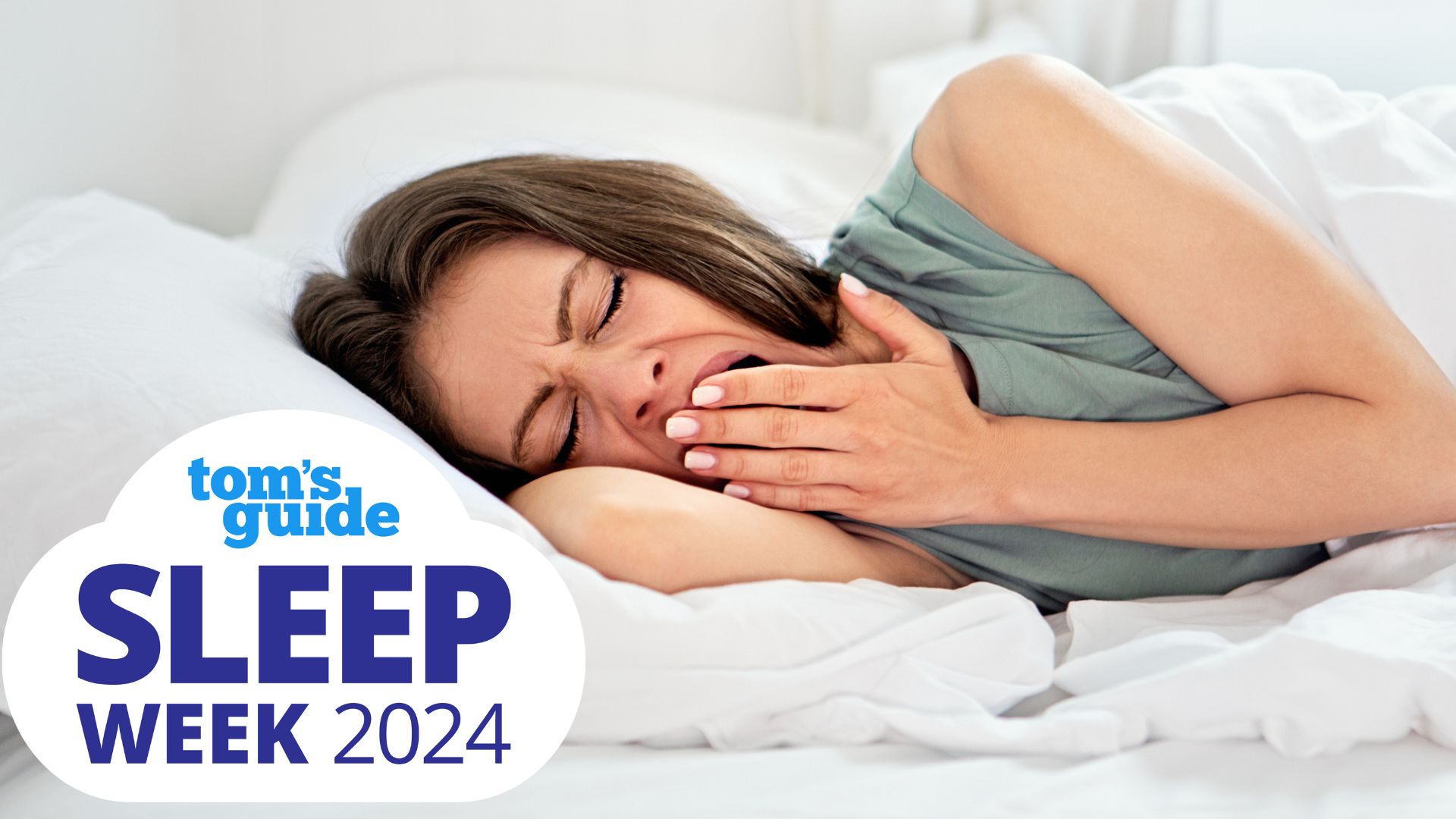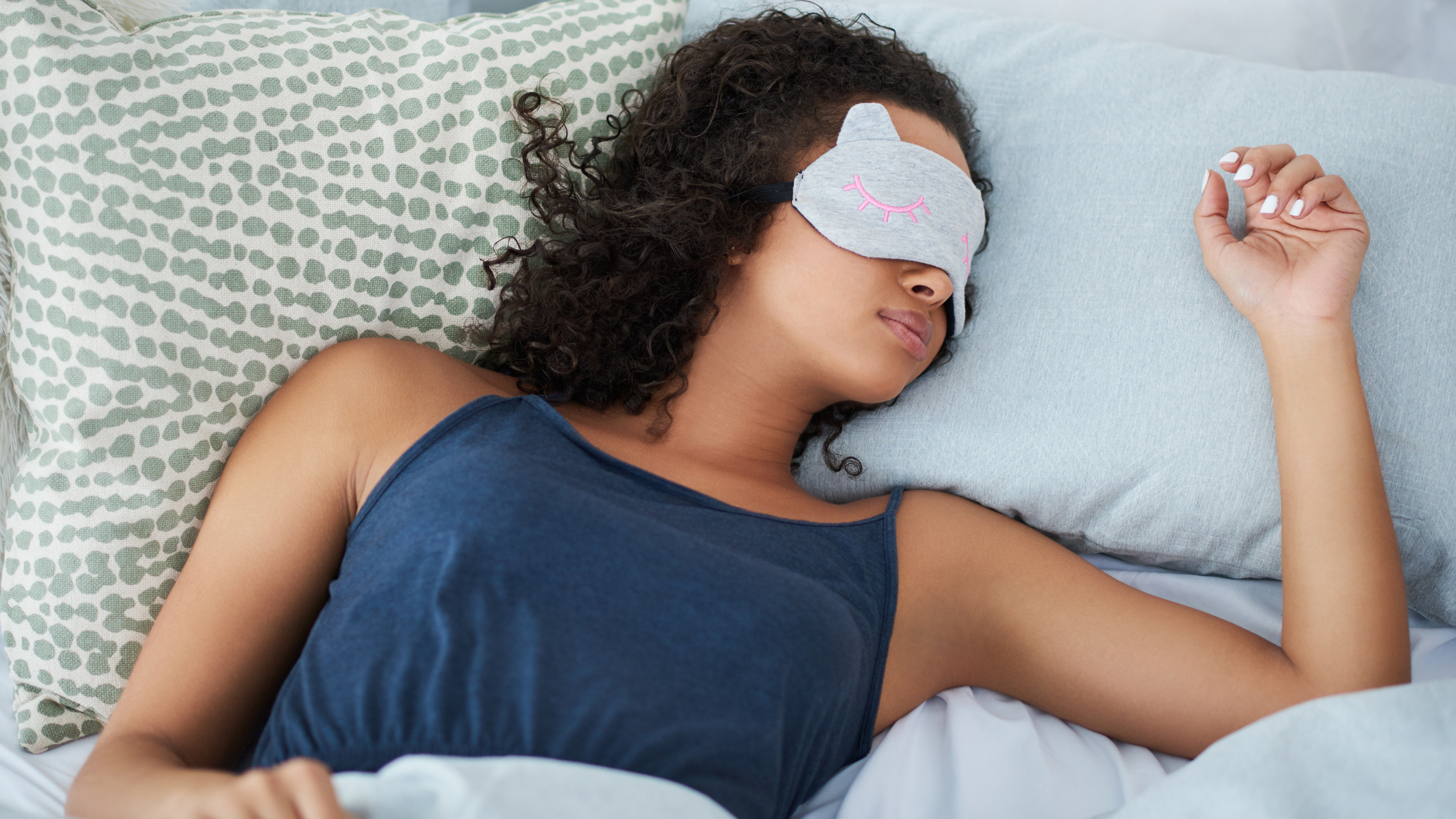
As sleep experts at Tom’s Guide, one of the most common questions we get from readers is: Why do I need so much sleep? For healthy adults, the amount of sleep required in order for you to function optimally ranges between seven and nine hours per night on a regular basis.
However, while external factors — such as whether you’re sleeping on the best mattress for your body compared to one that's severely impacting your physical comfort in bed — can mean you get less sleep than you need, other factors, such as illness or the time of year, can result in you needing more sleep than normal.
But what happens if the amount of sleep you require exceeds nine hours a night? Or, if you get upwards of nine hours of sleep per night and yet you still feel like you could do with more? For Sleep Awareness Week 2024 we put that question to Dr Lindsay Browning, a leading sleep expert, chartered psychologist, neuroscientist and author.
“If you're consistently needing more than the recommendation amount of sleep, or you're feeling unrefreshed, despite getting plenty of rest, then it's definitely time to speak to your doctor,” urges Dr Browning. Here's what you need to know about needing so much sleep on regular basis...
How much sleep do adults need?
Before we delve into why you might need more sleep than usual, let’s first take a look at how much sleep adults need. “The current recommendations are that working age adults should get somewhere between seven to nine hours of sleep regularly,” explains Dr Browning. “And if you're significantly outside that zone, that's where the problems arise.”
However, if the sleep you need only marginally falls outside of these recommendations, it generally isn’t cause for concern. The season, illness and physical exertion can all influence how much sleep we need from day to day.
Why do I need so much sleep? An expert answers
While between six and nine hours of quality sleep is the recommendation for adults, the sleep we require to function optimally can fluctuate. Here, Dr Browning walks us through some of the common reasons we may need more sleep than normal.
1. Physical activity
Studies show that physical activity not only improves the quality of our sleep, but can also mean that we require more of it in order to aid recovery. “Generally speaking, if you're more physically active, you probably need lots of sleep,” says Dr Browning.
So if you are someone who's taken up a sport, or you've suddenly increased your activity levels, it might be that you need a bit more sleep because you've created that need.”
2. Sickness
“When we're unwell, we might find that we need a bit more sleep because our body might be dedicating more resources to fighting the illness,” explains Dr Browning. “You might even start feeling like you need a bit more sleep before you even realize that you are unwell.”
3. Depression
Requiring more sleep than normal could be an indication that you are suffering from depression. “if someone is very low, they can often oversleep,” says Dr Browning. “So if you realize that you're sleeping a lot more than your normal, maybe take a look at your mood.
Are you actually feeling quite low at the moment? Could this be a sign that you're depressed?” If you have concerns, speak to you doctor or healthcare professional to see what help is available to you.

4. The seasons
Reduced light levels during the winter months can also mean that our need for sleep is greater — and that’s perfectly normal. A recent study that explored the correlation between seasons and our sleep needs found that we require deeper and longer sleep during the winter.
Why do I need so much sleep? When to be concerned
Falling marginally outside of the six to nine hours’ of sleep recommendation isn’t usually cause for concern. However, requiring significantly more than nine hours of sleep can be an indication of an underlying health issue.
For Dr Browning, consistently requiring in the region of 10 or 11 hours of sleep per night should ring alarm bells, especially if you don’t feel particularly well-rested upon waking either. “That for me is always a warning sign that the sleep quality may not be as good as they think and the number one cause for that is typically sleep apnea,” says the sleep expert.
If you're getting the recommended amount of sleep or more but still wake feeling unrefreshed, speak to your doctor. Feeling fatigued despite a full night’s rest is a symptom of sleep apnea.
Sleep apnea is a serious sleep disorder which causes sufferers’ breathing to stop and start during sleep. Loud snoring and feeling fatigued upon waking are symptoms of sleep apnea.
The frequent wakings that sleep apnea sufferers experience during the night in order to kick start their breathing again means their sleep quality is significantly diminished. “This means even though you think you slept for nine or 10 or 11 hours, actually, you haven't really because your sleep quality is terrible,” explains Dr Browning.
If you’re at all worried about your increased need for sleep, Dr Browning advises keeping a sleep diary. If you find that you’re often exceeding more than nine hours of sleep, it could be worth discussing this with your doctor — especially if you don’t feel particularly well-rested.







